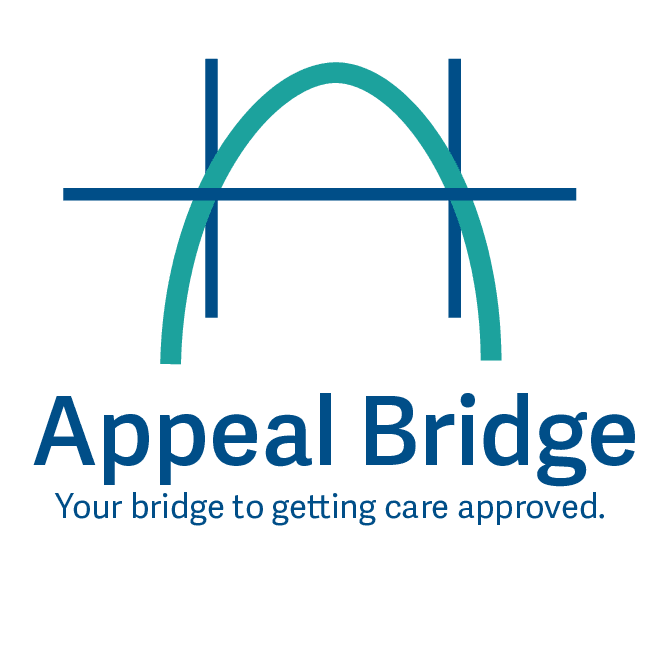How to Write a Strong Appeal Letter
You’ve done everything right. You met with your doctor, discussed your health concerns, and were prescribed a GLP-1 medication like Ozempic, Wegovy, or Mounjaro. But then the letter from your insurance company arrives: Denied.
A denial isn’t the end of the road—it’s often just the beginning of the appeal process. And a strong, well-written appeal letter can make the difference between another rejection and finally getting the treatment you need.
In this guide, we’ll walk through why denials happen, what information to gather, how to structure your letter at a high level, and how to follow up to give your appeal the best chance of success.
Step 1: Understand Why You Were Denied
Before you write a single word, read your denial letter carefully. Insurance companies typically deny GLP-1 medications for reasons such as:
- The drug is labeled as “not medically necessary” for your diagnosis.
- You haven’t tried other lower-cost medications first (step therapy).
- The request doesn’t meet your plan’s coverage criteria (BMI cutoffs, comorbidities, etc.).
- Missing documentation from your provider.
Tip: Write down the denial reason word-for-word from the insurer’s letter. You’ll need to directly address it in your appeal.
Step 2: Gather the Right Documentation
The best appeal letters don’t rely on emotion alone—they use evidence. Collect:
- A letter of medical necessity from your provider.
- Office visit notes documenting your condition, treatment history, and prior attempts.
- Lab results or BMI records showing clinical need.
- Medical guidelines (such as ADA, AACE, or Endocrine Society recommendations).
- Published studies supporting GLP-1 effectiveness for your diagnosis.
The more credible the support, the harder it is for an insurer to dismiss your request.
Step 3: Structure Your Appeal Letter
You don’t need to reinvent the wheel. A strong appeal letter typically includes:
- Patient Information: Your name, insurance ID, and contact details.
- Statement of Appeal: Clearly state you are appealing the denial.
- Medical Background: Diagnosis, treatment history, and health risks.
- Address the Denial Reason: Counter the insurer’s reasoning with evidence.
- Supporting Evidence: Summarize attached documentation.
- Closing Statement: Request approval respectfully.
If that sounds overwhelming, AppealBridge can create a professional, personalized appeal letter for you in minutes, ensuring every important element is included.
Step 4: Keep the Tone Professional
Your letter should be clear, respectful, and fact-based. Avoid frustration or hostility—it only makes insurers dig in their heels. Think of it as building a case, not arguing a fight.
Final Step: Don’t Forget Follow-Up
After you submit your appeal:
- Call your insurer to confirm they received it.
- Track timelines—insurers typically must respond within 30 days.
- If denied again, you may have the right to a second-level appeal or external review.
Persistence pays off. Many patients win approval after an initial denial.
Key Takeaways
- Always directly address the denial reason.
- Back up your case with medical documentation.
- Keep your letter professional and fact-based.
- Don’t give up—appeals often succeed after persistence.
How AppealBridge Can Help
Insurance appeals are stressful and time-consuming. At AppealBridge, we simplify the process by helping you create a professional appeal letter that is tailored to your case. With our tools, you’ll know exactly what information to include, and you can be confident your appeal will meet insurer requirements.
*Start your appeal today at AppealBridge.com and give yourself the best chance of turning a denial into an approval.
